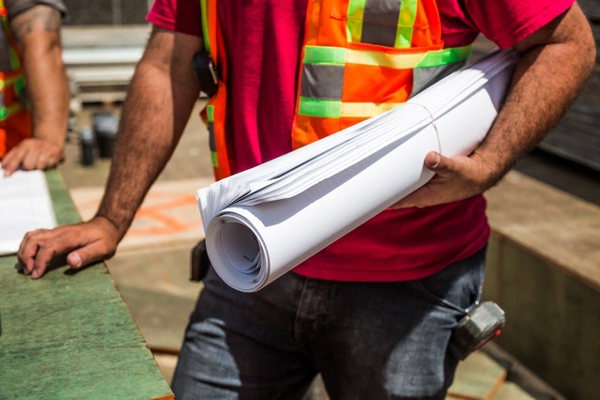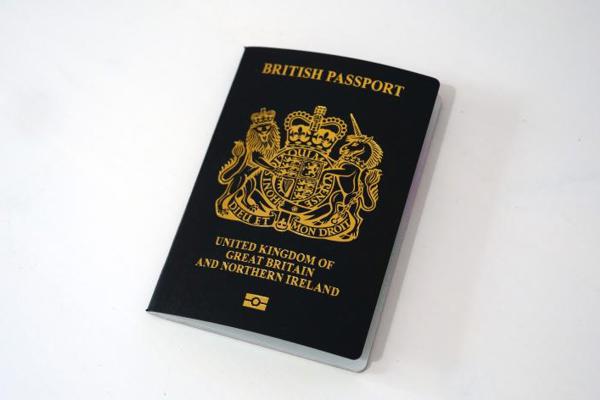
One of the most significant concessions that was made during the course of 2020, was the decision to relax right to work checks in light of the large number of employees working remotely.
The Home Office has now announced that this concession will continue until September 2022. From that date onwards businesses will be expected to undertaken more secure online checks using Identification Document Validation Technology.
Although April may seem a long way off, businesses should start to consider the practical problem of carrying out in person checks when many employees may wish to work remotely. Prior to COVID, this was not a common issue but as we adapt to the new normal, it will not be uncommon to come across cases where a new employee lives some distance away from the office and an in person right to work check may not be straightforward.
Fortunately, the pre-COVID guidance does cover this sort of situation and allows for a right to work check to be carried out via video call, but the employer must still see the original identity document. As a result, one way to carry out this procedure, if it is not possible to do it in person, is:
- The prospective employee provides their original passport and, if applicable, biometric card containing their visa. Given these are important documents we would recommend they are handed in to an office, or sent by a secure method;
- The business then arranges for these documents to be sent securely to the individual who will be carrying out the check, or if possible they arrange to attend the office in a way which complies with local restrictions;
- A video call is held to verify the identity of the prospective employee against the original document;
- The original document is copied, and the verification wording "Original seen by [name on [date]. Identity verified by [video call method] on [date] by [name]"; and
- The original document is then returned to the prospective employee securely.
Given this process will involve the transfer of documents containing sensitive personal information, great care should be taken when carrying out this process.
Where an individual holds a UK visa, it may also be possible to carry out a digital check if they register on the Home Office system.
What about staff hired between March 2020 and 5 April 2022
Originally the Home Office concession required a full right to work check to be carried out within eight weeks of employees returning to the office, but the latest guidance has changed this. Instead, no retrospective checks are required for employees who started during this period, provided a remote check was carried out when they began work.
Employers will need to make sure that any checks carried out during the concession period were carried out correctly and that copy documents confirm the date and method of verification, as well as who carried out the check.
As always, only carrying out a right to work check process that complies with the Home Office guidance will protect a business from penalties if they are found to have employed someone illegally. If you have any questions about the new processes, or how to carry out a right to work check that provides maximum protection, please get in touch.


